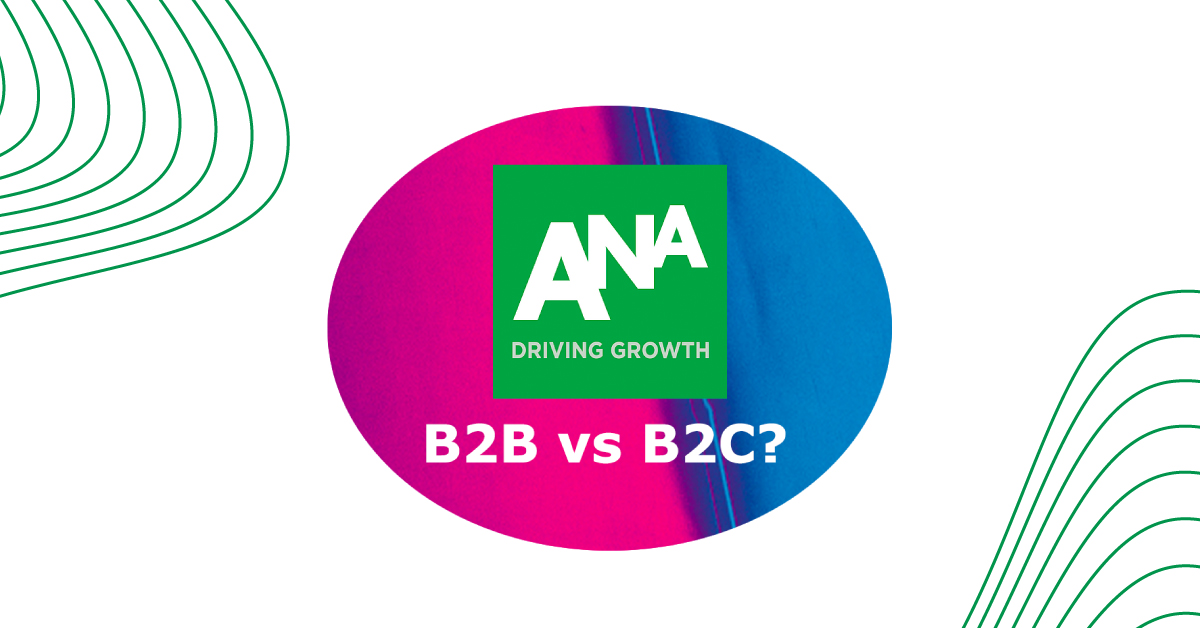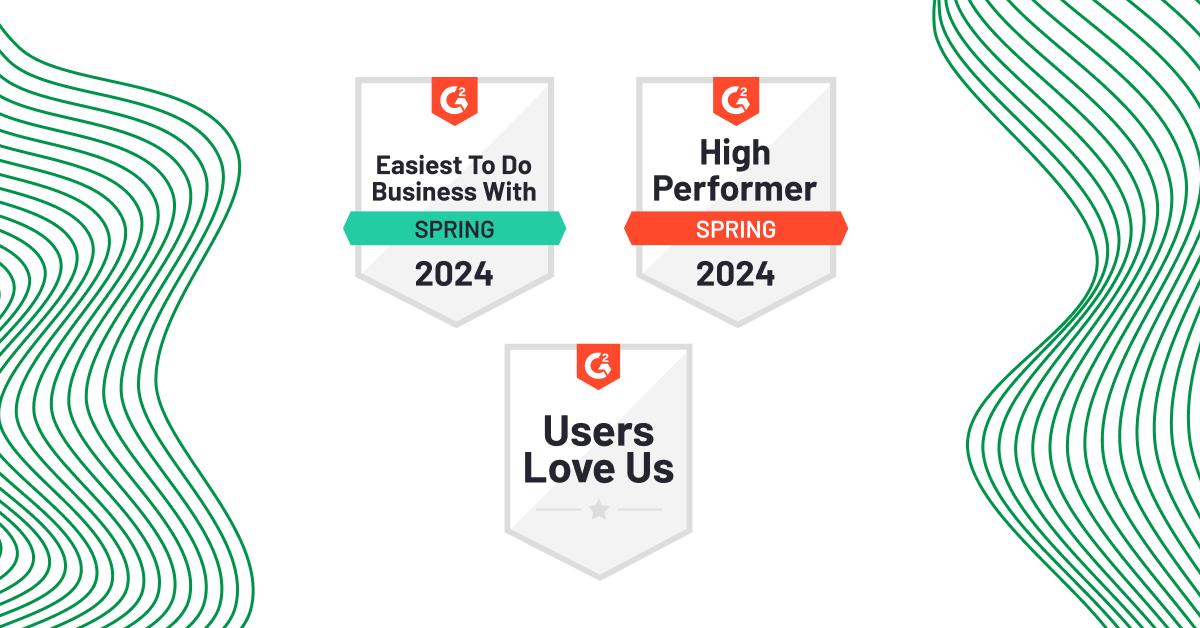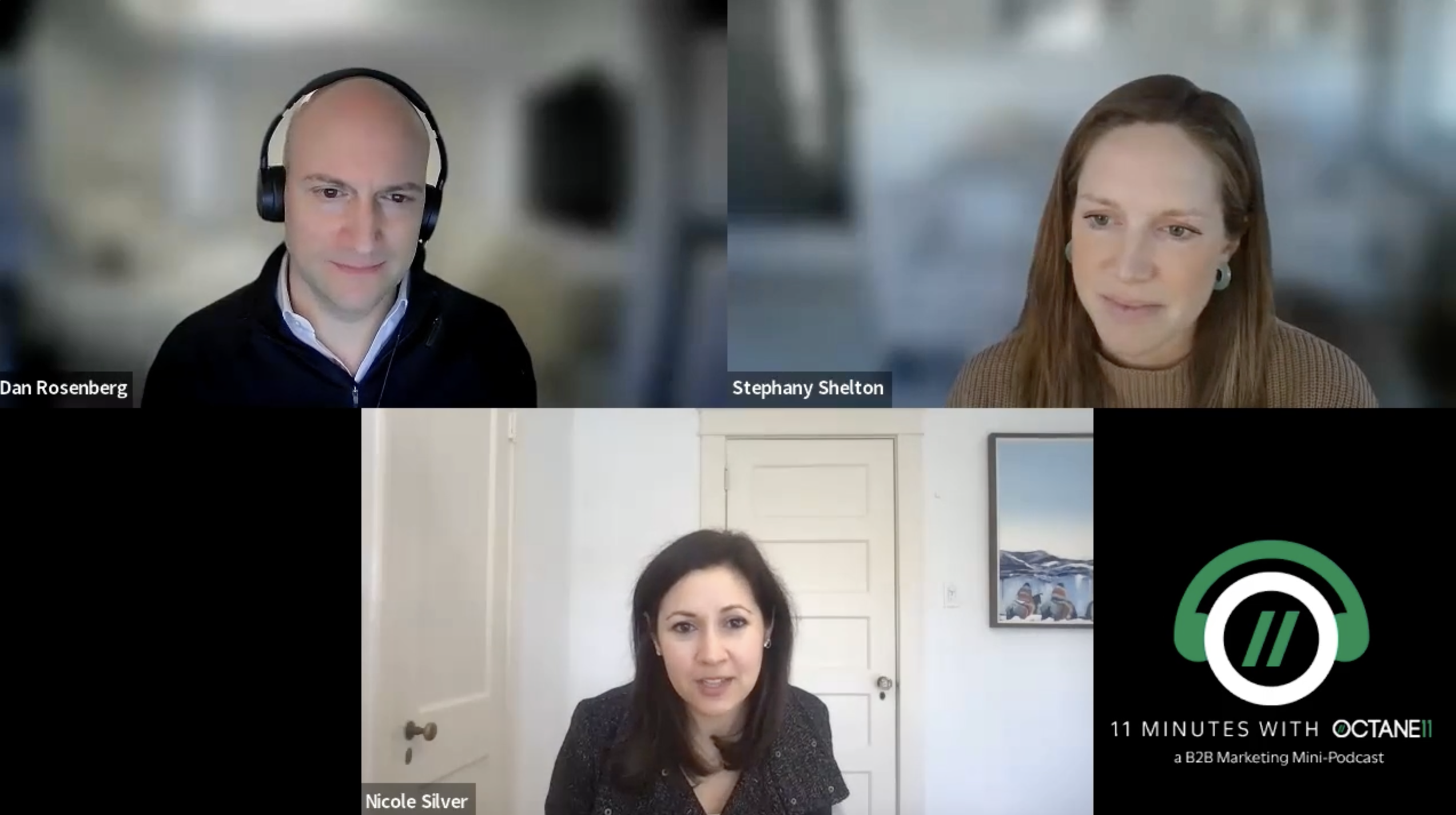The 2021 Edition of the ANA B2B Marketing Conference is coming up this week and I’m super excited about all the great content teed up: agile marketing, AI-driven personalization, privacy concerns, new challenges in a post-pandemic world, the value of creative in B2B, purpose-driven marketing, and more. (full agenda here) One panel that I’m particularly looking forward to is “Are B2B and B2C Marketing Really that Different?” being led by my friend Abhijit Shome. It’s an intriguing question and the answer could have major implications for your marketing strategy, technology, team planning, and investments.
Having worked with scores of B2B marketers and having been a B2B CMO myself, I can definitively say that B2B is extremely different from B2C in several critical ways. In anticipation of a great conversation at the upcoming panel, here are my top 3 ways that B2B marketers must diverge from typical B2C practices:
1) B2B Marketers Must Communicate Much More Information:
On average B2B decisions are much bigger than B2C decisions in terms of cost and commitment. There are also many more cooks in the kitchen – with Gartner reporting an average of 6 to 10 stakeholders with different needs and interests involved in B2B purchase decisions. To be successful in B2B marketing you need to create an emotional connection AND you need to convey a wide range of selling points that address the needs of a wide range of buyer personas…at different stages of the buying journey. As I’ve written previously in a post about the parable of the blind men and the elephant, you need to be marketing at multiple altitudes. While this may sound difficult, there are a number of emerging tools – including analytics and collaboration tools from Octane11 – that make it easy to plan, execute and analyze such multi-faced campaigns.
2) B2B Marketers Require More Targeting…and More Integrated Channels.
B2B products are simply not relevant for the general public, so the most-used tool of B2C marketers – broad-based ad campaigns – is just not efficient. Unfortunately, many marketers falsely believe that without a big media budget, it’s not worth investing in quality content and creative. However, if you take a multi-channel perspective and take advantage of a multi-channel planning and analytics tool, you can get plenty of mileage, perhaps even more mileage, from your content and creative investments. In fact, I’d say that if you’re running any campaigns that aren’t running with consistent creative and messaging across channels – email, digital ads, social posts, chat bot alerts, print, connected TV ads, audio ads, paid search, etc. – then you’re leaving a ton of value on the table; and in B2B where you don’t have the option to run big splashy ad campaigns, that can be fatal.
3) B2B Marketers Must Generate Actionable Insights. B2C is about influencing an individual to buy or trial a product.
B2B is about influencing a committee of buyers to make a purchase decision that typically also requires personal engagement with a salesperson and an offline transaction. B2B marketers can support that complex sales process by going beyond simple “lead generation” to deliver actionable data that can make the salesperson’s job much more efficient and successful. For example, B2B marketers can monitor all of the digital touchpoints mentioned above to understand which messages buyers within a particular department within a particular company in a particular industry engaged with most across channels. Armed with this data, sellers can better understand levels of intent and specific areas of interest, so they can prioritize their outreach and tailor their messaging to drive more meaningful conversions and results. This is a uniquely B2B challenge – which requires a B2B mindset…and B2B-focused tools.
While many of the goals for B2B and B2C are the same – cutting through the noise to create awareness, creating an emotional connection, inspiring a call to action – when it comes to execution, B2B has very unique needs. B2B’s focus on driving bigger-ticket, longer-term commitments, influencing buying teams over individuals, and supporting a lengthy sales process are some of the underlying reasons why B2B marketing diverges from B2C. What are some other unique challenges for B2B and what kinds of techniques and tools have you seen for tackling them?
I’m looking forward to learning more on the upcoming ANA panel this week and I hope you’ll tune in too!
Check out all of the conference details here: https://www.ana.net/content/show/id/ms-b2b-mar21





